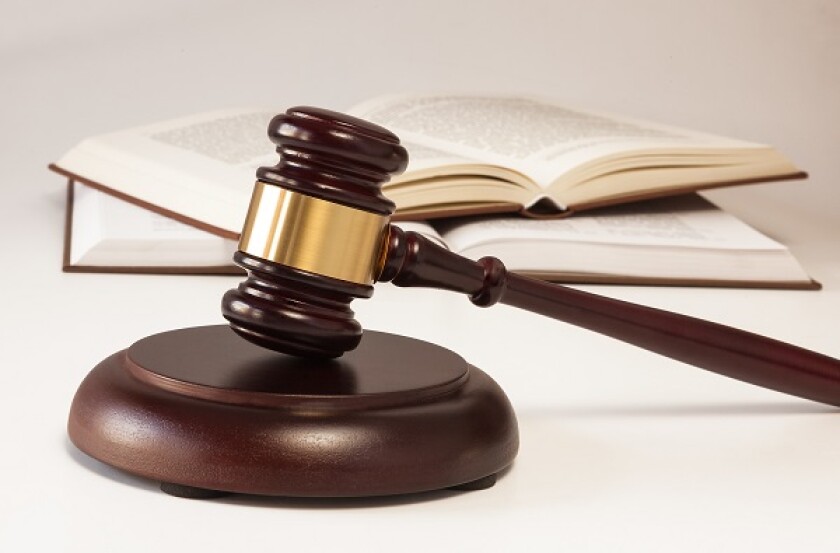In German patent law, the separation principle applies, according to which a patent claim is interpreted consistently in infringement and opposition, nullity and restriction proceedings. There is no mutual binding effect of decisions of the infringement or nullity courts, instead, each of the courts is responsible for determining the meaning of a patent claim, which is a legal question. For example, the grounds of a nullity decision on the maintenance of a patent with a restricted patent claim may serve as an interpretative aid for the infringement court. In principle, the currently valid version of a patent claim is relevant for its interpretation, and in the case of amendments in opposition or nullity or restriction proceedings, the amended version is therefore relevant. The subject matter of the patent claim is now determined by the wording of the restricted claim, as explained by the description and drawings in light of the grounds of the decision.
In the court decision 15 U 65/17, the Higher Regional Court (OLG) of Düsseldorf discussed a patent claim restricted in nullity proceedings before the Federal Patent Court (BPatG) regarding a urinary catheter set. For this patent, the description was not adapted to the restricted claim. This was of importance as the timing of the production of the low-friction surface character of the urinary catheter was disputed between the parties. According to the invention, a special coating was used in combination with a liquid swelling medium so that the low friction surface was able to glide through the walls of the urethra particularly easily. The claim required that this liquid swelling medium was accommodated in a storage body in a cavity. Due to a foreign reference, it was disputed between the parties whether the production of the low friction surface took place during production outside Germany or only by the user of the urinary catheter set in Germany. Passages of the original description, which was not amended in the nullity proceedings, also applied to embodiments. In these, the manufacturer of the urinary catheter set already achieves these effects.
The Higher Regional Court of Düsseldorf reversed the decision of the lower court. For the interpretation of the disputed feature, according to which the low friction surface character is made prior to use of the catheter, in the absence of an adaptation of the description, the grounds of the nullity decision had to be used as a supplement to the patent description. As a result, the disputed feature as interpreted does not allow the finding of a literal infringement of the patent.
Thomas Ederer











